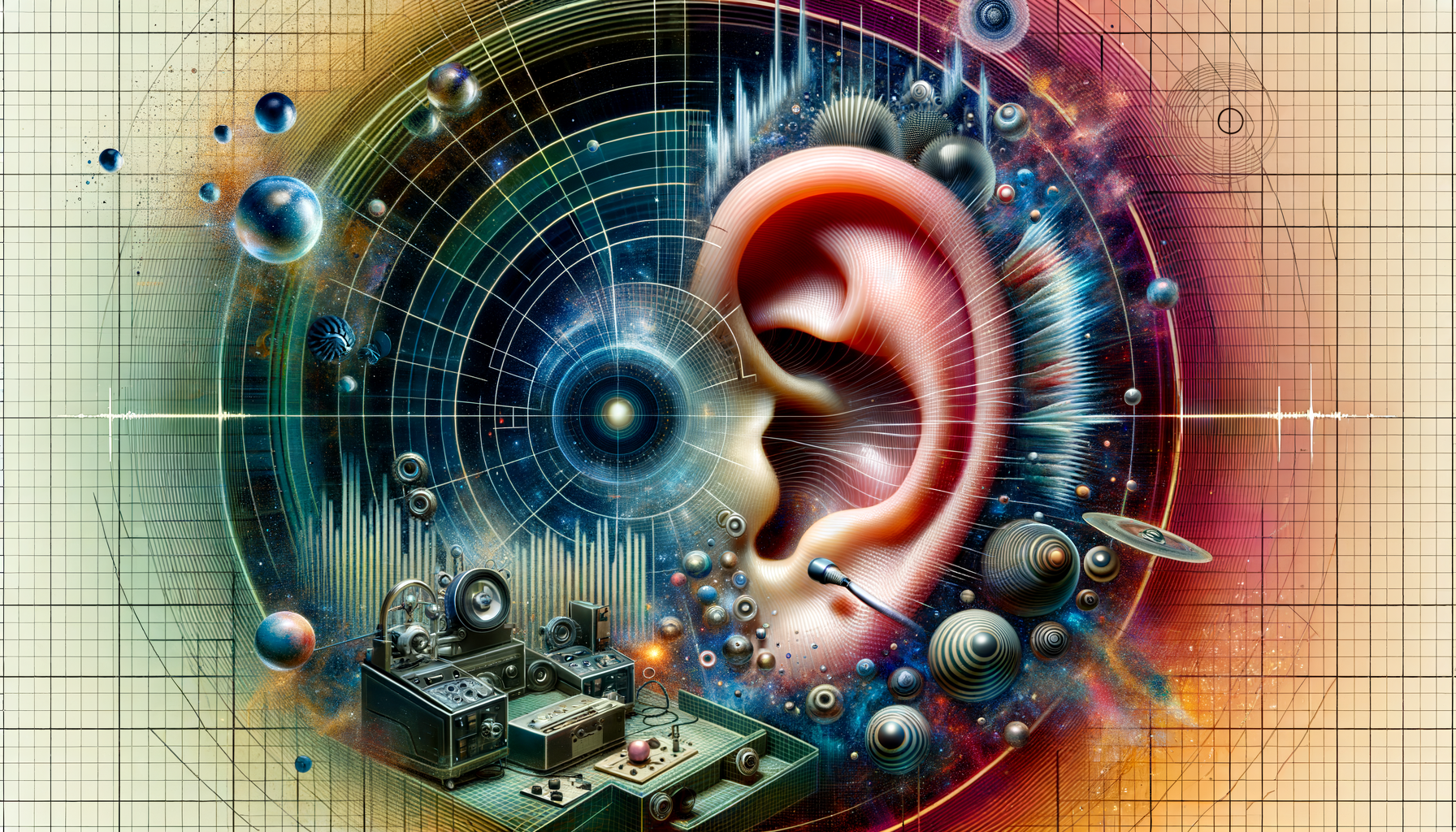Understanding the Importance of Hearing Evaluations
Hearing is one of the most crucial senses, allowing us to communicate, enjoy music, and be aware of our surroundings. Yet, the significance of regular hearing evaluations is often overlooked. These assessments are vital for detecting potential hearing issues early on, thereby preventing further deterioration and ensuring effective intervention. The World Health Organization estimates that over 5% of the world’s population suffers from disabling hearing loss, highlighting the need for comprehensive hearing evaluation services.
Hearing evaluations are not just for individuals experiencing noticeable hearing loss. They are essential for everyone, especially as we age or if we are frequently exposed to loud environments. Regular screenings can help identify subtle changes in hearing that might otherwise go unnoticed. Early detection can lead to timely treatment, which can significantly improve one’s quality of life. Moreover, these evaluations can uncover underlying health issues, such as ear infections or even neurological conditions, that may manifest as hearing problems.
In essence, hearing evaluations are a proactive measure, akin to regular dental check-ups or eye exams. They ensure that any issues are addressed promptly, allowing individuals to maintain their auditory health and continue to engage fully with the world around them.
The Process of Hearing Evaluation
The hearing evaluation process is a comprehensive approach to assessing an individual’s auditory capabilities. It typically begins with a detailed case history, where the audiologist gathers information about any symptoms, medical history, and lifestyle factors that might affect hearing. This initial step is crucial as it guides the subsequent testing process.
Following the case history, a series of tests are conducted to evaluate different aspects of hearing. These may include:
- Pure-tone audiometry: This test measures the quietest sound a person can hear at various frequencies, helping to identify the degree and type of hearing loss.
- Speech audiometry: This assesses the ability to hear and understand speech, which is critical for effective communication.
- Impedance audiometry: This evaluates the function of the middle ear, checking for issues like fluid buildup or eardrum perforation.
- Otoacoustic emissions (OAEs): These tests measure sound waves produced in the inner ear, providing insight into cochlear function.
The results from these tests are plotted on an audiogram, a visual representation of hearing ability across different frequencies. This comprehensive evaluation allows audiologists to diagnose the type and severity of hearing loss, paving the way for appropriate treatment options.
Comparing Different Hearing Evaluation Services
When it comes to hearing evaluation services, there are various options available, each offering distinct advantages. Understanding these differences can help individuals choose the service that best meets their needs.
One option is visiting a specialized hearing clinic, where audiologists provide a full range of diagnostic services. These clinics often have access to advanced testing equipment and the expertise to handle complex cases. They are ideal for individuals with significant hearing concerns or those seeking a detailed assessment.
Alternatively, some opt for services offered by general healthcare providers, such as family doctors or ENT specialists. While these professionals can conduct basic hearing tests and refer patients to specialists if needed, they may not offer the same depth of evaluation as a dedicated audiology clinic. However, they are convenient for routine screenings and initial assessments.
For those seeking a more accessible option, many pharmacies and retail chains now offer hearing tests. These services are typically quick and affordable, making them suitable for individuals looking for a preliminary evaluation. However, they may lack the comprehensive nature of tests conducted in specialized settings.
Ultimately, the choice of service depends on individual needs, the complexity of the hearing issue, and the desired level of detail in the evaluation.
Technological Advancements in Hearing Assessments
The field of hearing assessments has seen significant technological advancements, enhancing the accuracy and efficiency of evaluations. These innovations have transformed the way hearing is tested and diagnosed, offering new possibilities for individuals with hearing concerns.
One such advancement is the development of portable audiometers, which allow for hearing tests to be conducted outside traditional clinical settings. These devices are particularly beneficial in remote areas or for individuals with mobility challenges. They enable audiologists to reach a broader population and provide timely assessments.
Another notable innovation is the use of tele-audiology. This technology allows audiologists to conduct assessments remotely, using video conferencing and specialized software. Tele-audiology expands access to hearing services, especially in underserved regions, and offers convenience for patients who may find it difficult to visit a clinic in person.
Additionally, advancements in artificial intelligence (AI) are being integrated into hearing evaluations. AI can analyze test results with high precision, assisting audiologists in diagnosing hearing issues more accurately. This technology also enables personalized treatment plans, tailored to the specific needs of each individual.
These technological developments are revolutionizing hearing assessments, making them more accessible, efficient, and precise.
The Future of Hearing Evaluation Services
As we look to the future of hearing evaluation services, several trends and innovations are poised to shape the landscape. These developments promise to enhance the quality of assessments and improve outcomes for individuals with hearing concerns.
One emerging trend is the integration of digital platforms into hearing care. These platforms offer online hearing tests, educational resources, and virtual consultations, providing a holistic approach to auditory health. They empower individuals to take charge of their hearing care, offering convenience and flexibility.
Furthermore, the growing focus on personalized medicine is influencing hearing evaluations. Tailoring assessments and treatments to the unique needs of each individual ensures more effective interventions and better outcomes. This approach is supported by advancements in genetic research, which may offer insights into the hereditary aspects of hearing loss.
Another promising area is the development of smart hearing aids and assistive devices. These technologies not only enhance hearing but also integrate seamlessly with other digital devices, offering a connected experience. They represent a shift towards more comprehensive hearing solutions that address the diverse needs of users.
In summary, the future of hearing evaluation services is bright, with technology and personalized care at the forefront. These innovations hold the potential to transform auditory health, ensuring that individuals can enjoy the richness of sound throughout their lives.








